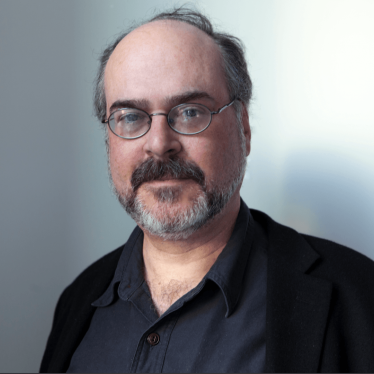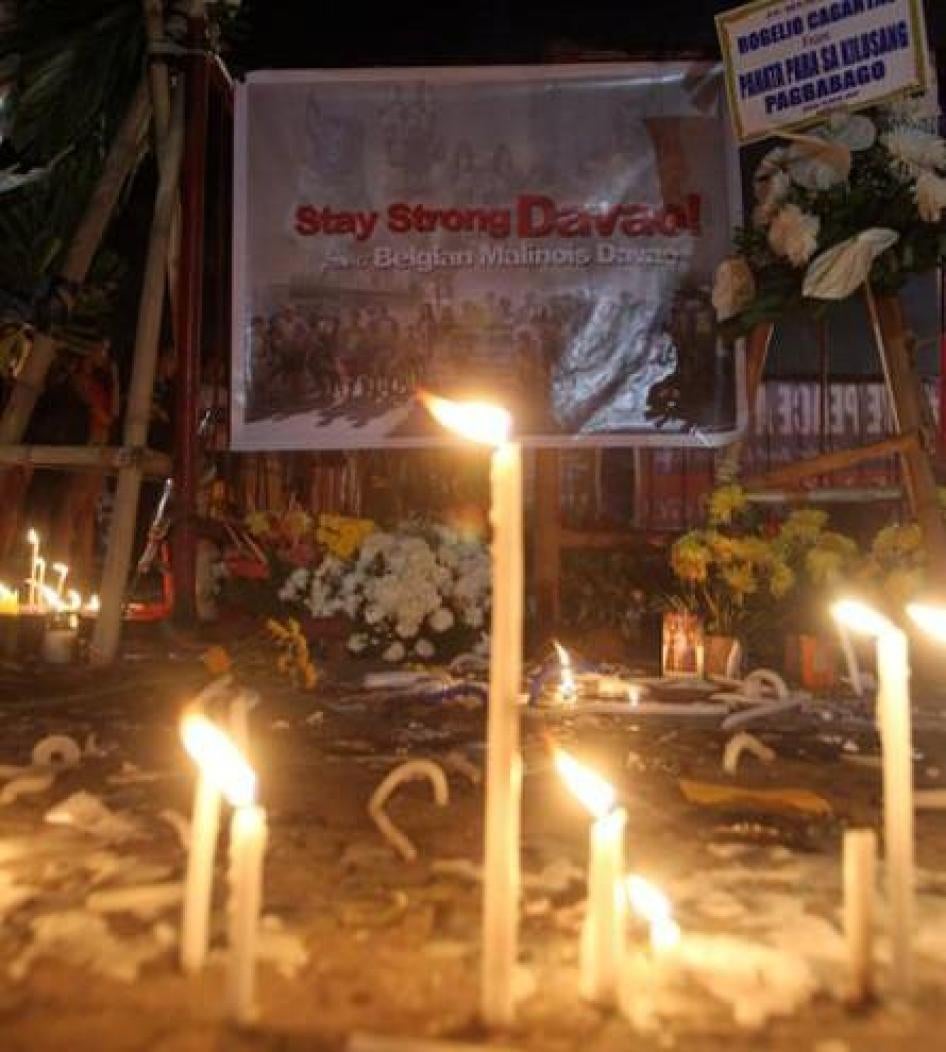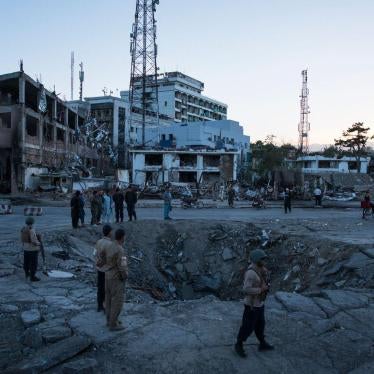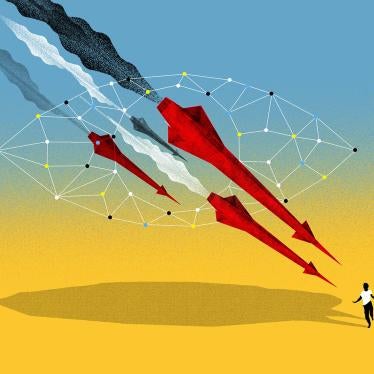Forty-five years ago, on Aug. 21, 1971, three grenades were tossed at the speaker’s podium in Manila’s Plaza Miranda, where thousands had gathered for an opposition rally. Nine people were killed and at least 100 wounded in an act of political violence that shocked the Philippines.
Opposition politicians blamed the increasingly authoritarian president, Ferdinand Marcos, for the deadly attack; Marcos blamed the insurgent Communist Party of the Philippines. A year later, Marcos declared martial law and suspended the privilege of the writ of habeas corpus, putting the country on a path to dictatorship, with arbitrary arrests, torture and killings that did not let up until the “People Power” revolution of 1986 forced Marcos out of office.
Last week, on Sept. 2, unidentified assailants bombed a popular night market in Davao City while President Duterte, the city’s former mayor, was in town. The horrific attack killed at least 14 people and wounded more than 60. The Islamist armed group Abu Sayyaf claimed responsibility. The next day, the President said it was his duty to protect the country and declared a “state of lawlessness.” (It has since been formally proclaimed as “a state of national emergency on account of lawless violence.-ED.) He made clear that: “It’s not martial law, but I am inviting now the … military and the police to run the country according to my specifications. … They can do what they really need to do until such time that I can say it is safe.”
Although Mr. Duterte’s reputation rests as much on his outrageous public utterances as on the things he has done, his words after the bombing were carefully chosen. The Philippine Constitution of 1987 places significant legislative and judicial checks on a president’s ability to declare martial law, a deliberate attempt to avoid a repetition of the Marcos tyranny. However, the same constitutional provision provides no explicit checks on the president as commander in chief to call on the Armed Forces of the Philippines “to prevent or suppress lawless violence, invasion or rebellion.”
Even under a president who respected human rights, calling on the military to carry out law enforcement duties would be troubling. Soldiers are trained and equipped to kill enemy fighters on the battlefield—military police aside, they are not a suitable force for carrying out law enforcement operations against civilians in a rights-respecting manner.
But this is a president who, in his short time in office, has shown not an iota of concern for human rights. His “war on drugs” has been a bloodbath. Unidentified gunmen have killed more than 1,000 people between July 1, when Mr. Duterte took office, and mid-August. Official statistics show that in the same period, police have killed 712 suspected “drug pushers and users.” Administration assertions that these deaths were not “salvagings”—police slang for extrajudicial killings—but lawful acts of self-defense, ring hollow.
Mr. Duterte’s declaration of a state of lawlessness appears less intended to bolster an overwhelmed police force or deploy the military in counterinsurgency operations—that’s been their role for decades—but rather to justify and expand the bloody path down which he has already taken the country. “There is a crisis in this country involving drugs, extrajudicial killings, and there seems to be an environment of lawlessness, lawless violence,” he said in his Sept. 3 statement. The military needed a bigger role because “these are extraordinary times.”
The immediate danger is that the Philippine military will be added to the combustible mix of trigger-happy police and vigilantes who, with Mr. Duterte’s encouragement, have gunned down men, women and children on the streets, inside their homes, and in detention centers after arrest. Recent progress in curtailing such abuses by the military, which had committed summary executions with impunity since Marcos’ time, will likely fall by the wayside.
The long-term danger may be even greater. Unless Philippine lawmakers demonstrate political will, the Davao City bombing could become Mr. Duterte’s Plaza Miranda, an atrocity of convenience to justify presidential usurpation of power. The decades since the fall of Marcos have often been difficult, but through good administrations and bad, Filipinos have held tight to the fundamental belief that respect for basic liberties and democratic institutions, however flawed in practice, were at the heart of Filipino values. Invoking people power might not be successful a second time around.








